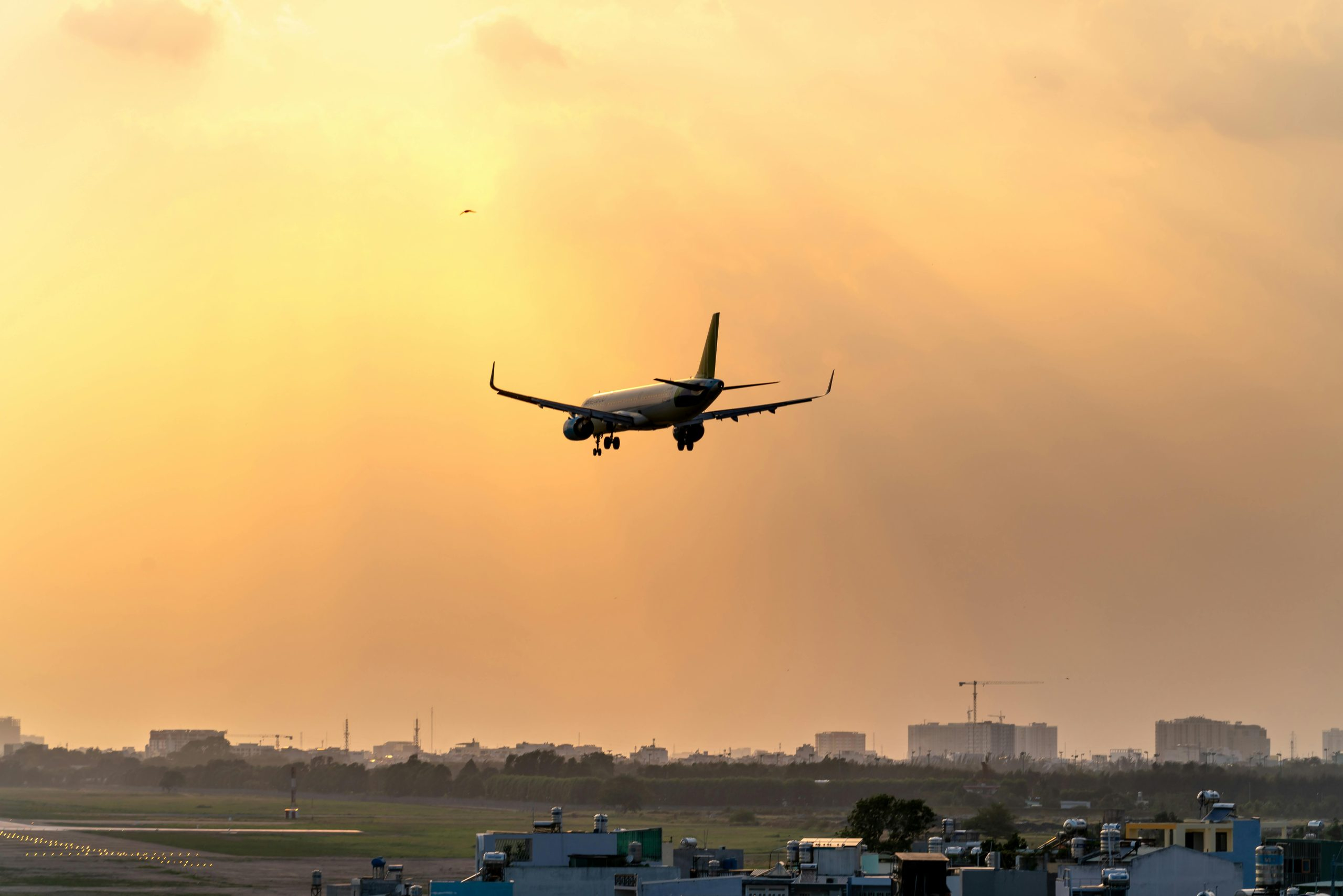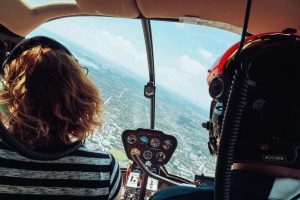Tips for Managing Jet Lag on Long Flights
If you’ve ever taken a long flight, then you know the struggle of jet lag all too well. The change in time zones, sleep schedules, and overall exhaustion can really take a toll on your body and affect your travel plans. But fear not, with the right tips and strategies, you can effectively manage jet lag and still make the most out of your trip. In this article, we’ll share some expert tips for managing jet lag on long flights that are sure to make your travel experience a lot smoother.
What is Jet Lag?
Jet lag, also known as desynchronosis, is a temporary sleep disorder that occurs when you travel across multiple time zones. This disruption in your body’s circadian rhythm, or internal body clock, can lead to a mix of symptoms, including fatigue, insomnia, headaches, and irritability. The severity of jet lag depends on your destination and the number of time zones you’re crossing. For example, traveling from New York to Paris may only cause mild jet lag, but traveling from New York to Tokyo can lead to more severe symptoms.
The Top Tips for Managing Jet Lag
1. Adjust Your Sleep Schedule Ahead of Time
One of the best ways to prevent jet lag is to gradually adjust your sleep schedule a few days before your trip. This means going to bed and waking up earlier or later, depending on your destination. By doing so, your body will be more prepared for the time change, and you won’t experience as much disruption to your circadian rhythm.
2. Stay Hydrated
It’s easy to get dehydrated on long flights, especially since the air in airplanes is dry. However, dehydration can make jet lag symptoms worse, so be sure to drink plenty of water before, during, and after your flight. Avoid caffeine and alcohol, as they can dehydrate you even more.
3. Get Some Sleep on the Plane
If you’re traveling overnight, try to get some sleep on the plane. This will help you adjust to the time difference and make the transition smoother. Pack a comfortable neck pillow, an eye mask, and noise-canceling headphones to block out any distractions and make it easier to fall asleep.
4. Avoid Napping Upon Arrival
While it may be tempting to take a nap upon arrival at your destination, try to resist the urge. Napping can further disrupt your sleep schedule and prolong jet lag. Instead, try to adjust to the local time as quickly as possible by staying awake until it’s an appropriate bedtime.
5. Get Some Natural Light
Exposure to natural light can help regulate your body’s internal clock. If you arrive at your destination during the day, spend some time outdoors and soak up some sunlight. This will signal to your brain that it’s daytime and help you adjust to the new time zone. On the other hand, if you arrive at night, avoid exposure to bright lights and try to get some rest.
6. Consider Taking Supplements
There are various supplements available that claim to help with jet lag. Melatonin, a hormone that regulates sleep, is a popular option. Some travelers also swear by vitamin B12 and Magnesium supplements to help combat jet lag symptoms.
7. Stay Active
Staying active and getting some exercise can help alleviate jet lag symptoms and boost your energy levels. Take a walk, hit the hotel gym, or do some yoga to stretch out your body and relieve any tension or stiffness from the flight.
8. Give Yourself Time to Adjust
Jet lag isn’t something that will disappear overnight. Give yourself at least a day or two, depending on the severity of your jet lag, to adjust to the new time zone. Don’t overdo it with activities, and be sure to listen to your body and rest when needed. Trying to do too much too soon will only prolong the process.
In Conclusion
Jet lag is an inevitable part of long-distance travel, but with these tips, you can ease the symptoms and make the transition a lot smoother. Remember to adjust your sleep schedule ahead of time, stay hydrated, get some sleep on the plane, and give yourself time to adjust. With these strategies, you’ll be able to manage jet lag and make the most out of your trip without feeling too exhausted and out of sync. Safe travels!










